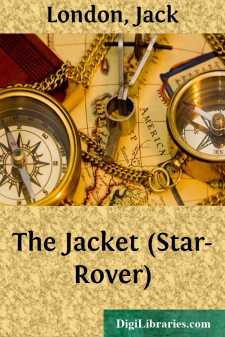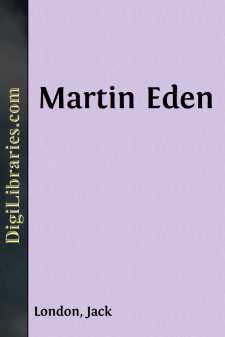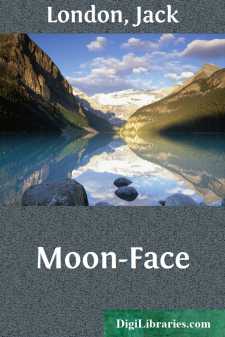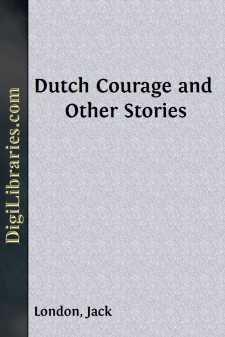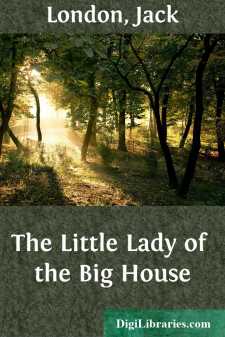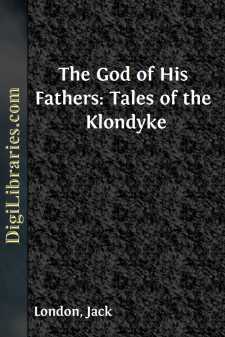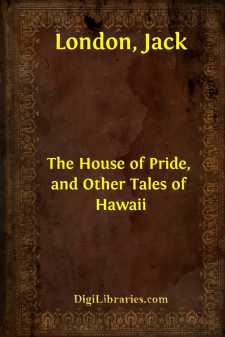Categories
- Antiques & Collectibles 13
- Architecture 36
- Art 48
- Bibles 22
- Biography & Autobiography 813
- Body, Mind & Spirit 142
- Business & Economics 28
- Children's Books 14
- Children's Fiction 11
- Computers 4
- Cooking 94
- Crafts & Hobbies 4
- Drama 346
- Education 46
- Family & Relationships 57
- Fiction 11829
- Games 19
- Gardening 17
- Health & Fitness 34
- History 1377
- House & Home 1
- Humor 147
- Juvenile Fiction 1873
- Juvenile Nonfiction 202
- Language Arts & Disciplines 88
- Law 16
- Literary Collections 686
- Literary Criticism 179
- Mathematics 13
- Medical 41
- Music 40
- Nature 179
- Non-Classifiable 1768
- Performing Arts 7
- Periodicals 1453
- Philosophy 64
- Photography 2
- Poetry 896
- Political Science 203
- Psychology 42
- Reference 154
- Religion 513
- Science 126
- Self-Help 84
- Social Science 81
- Sports & Recreation 34
- Study Aids 3
- Technology & Engineering 59
- Transportation 23
- Travel 463
- True Crime 29
The Jacket (Star-Rover)
by: Jack London
Description:
Excerpt
CHAPTER I
All my life I have had an awareness of other times and places. I have been aware of other persons in me.—Oh, and trust me, so have you, my reader that is to be. Read back into your childhood, and this sense of awareness I speak of will be remembered as an experience of your childhood. You were then not fixed, not crystallized. You were plastic, a soul in flux, a consciousness and an identity in the process of forming—ay, of forming and forgetting.
You have forgotten much, my reader, and yet, as you read these lines, you remember dimly the hazy vistas of other times and places into which your child eyes peered. They seem dreams to you to-day. Yet, if they were dreams, dreamed then, whence the substance of them? Our dreams are grotesquely compounded of the things we know. The stuff of our sheerest dreams is the stuff of our experience. As a child, a wee child, you dreamed you fell great heights; you dreamed you flew through the air as things of the air fly; you were vexed by crawling spiders and many-legged creatures of the slime; you heard other voices, saw other faces nightmarishly familiar, and gazed upon sunrises and sunsets other than you know now, looking back, you ever looked upon.
Very well. These child glimpses are of other-worldness, of other-lifeness, of things that you had never seen in this particular world of your particular life. Then whence? Other lives? Other worlds? Perhaps, when you have read all that I shall write, you will have received answers to the perplexities I have propounded to you, and that you yourself, ere you came to read me, propounded to yourself.
* * * * *
Wordsworth knew. He was neither seer nor prophet, but just ordinary man like you or any man. What he knew, you know, any man knows. But he most aptly stated it in his passage that begins “Not in utter nakedness, not in entire forgetfulness. . .”
Ah, truly, shades of the prison-house close about us, the new-born things, and all too soon do we forget. And yet, when we were new-born we did remember other times and places. We, helpless infants in arms or creeping quadruped-like on the floor, dreamed our dreams of air-flight. Yes; and we endured the torment and torture of nightmare fears of dim and monstrous things. We new-born infants, without experience, were born with fear, with memory of fear; and memory is experience.
As for myself, at the beginnings of my vocabulary, at so tender a period that I still made hunger noises and sleep noises, yet even then did I know that I had been a star-rover. Yes, I, whose lips had never lisped the word “king,” remembered that I had once been the son of a king. More—I remembered that once I had been a slave and a son of a slave, and worn an iron collar round my neck.
Still more. When I was three, and four, and five years of age, I was not yet I. I was a mere becoming, a flux of spirit not yet cooled solid in the mould of my particular flesh and time and place. In that period all that I had ever been in ten thousand lives before strove in me, and troubled the flux of me, in the effort to incorporate itself in me and become me....


